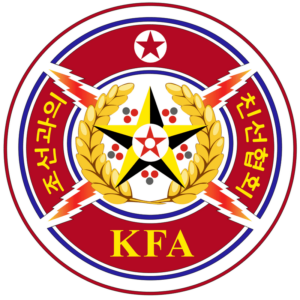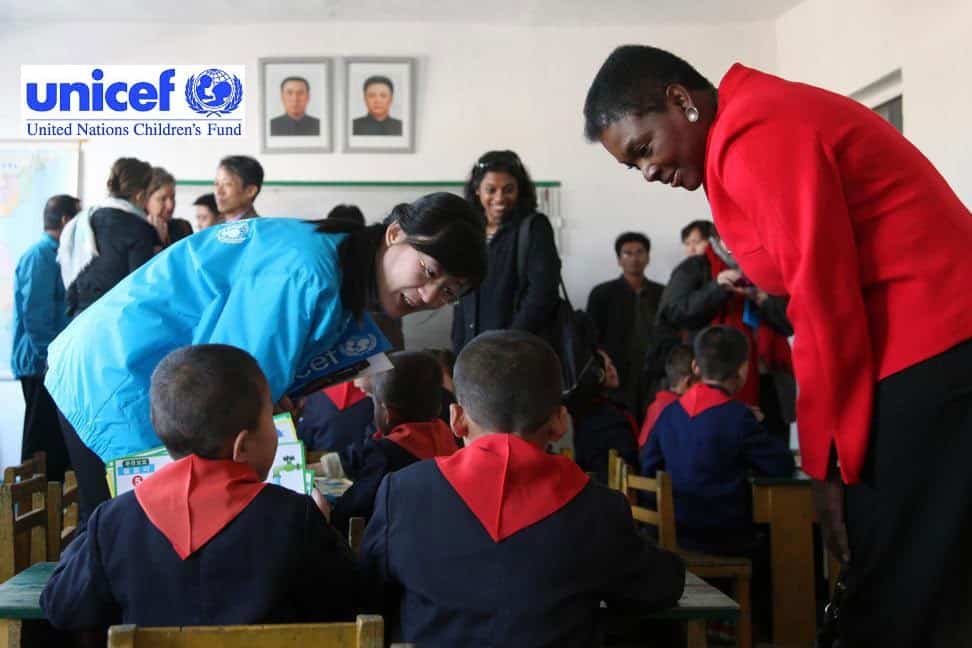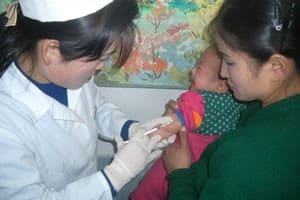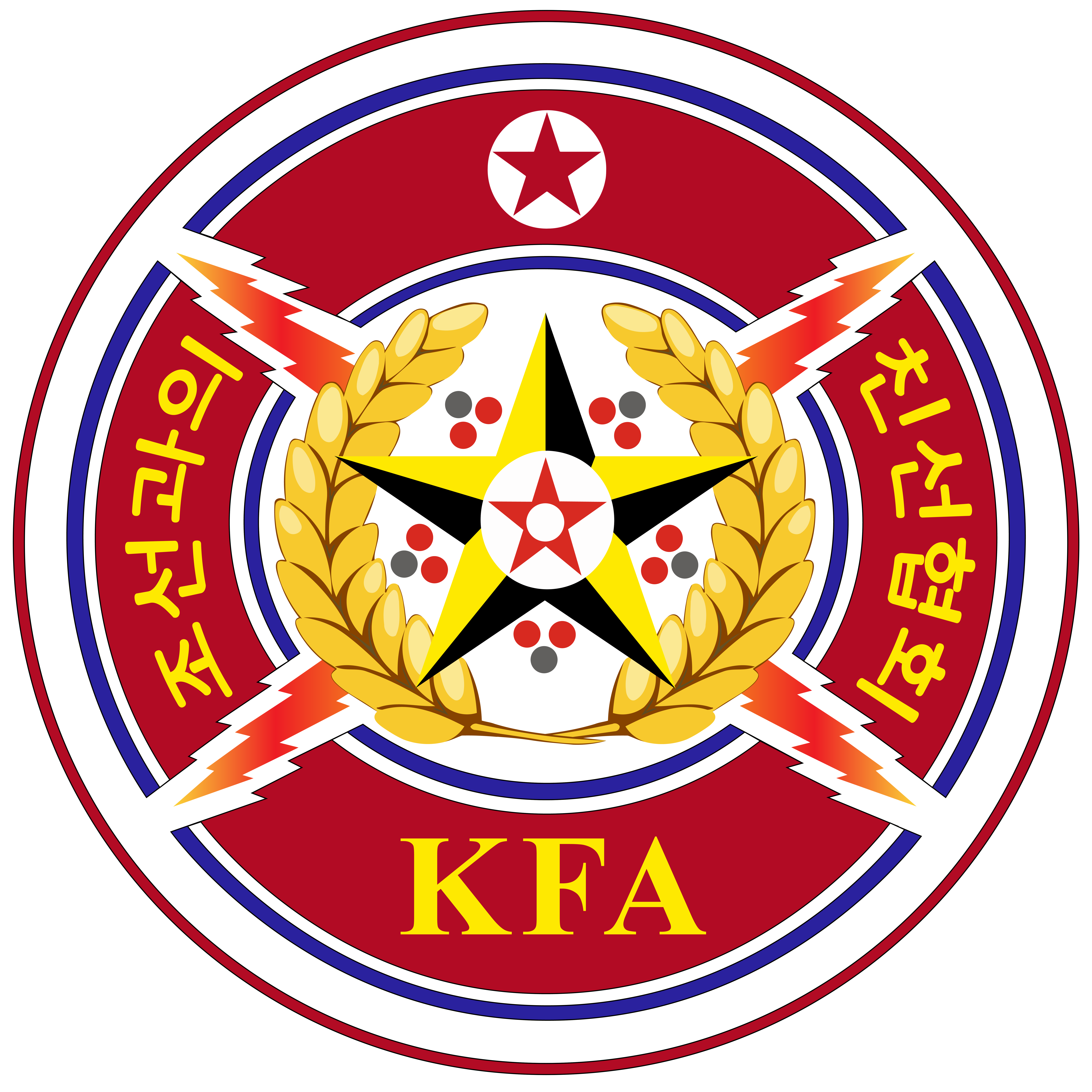News
Cooperation with UNICEF Proves Successful in DPRK
The DPRK is expanding cooperation with the United Nations Children’s Fund (UNICEF) in improving children’s health and their education in the country.
UNICEF supports public health programmes for children in DPR Korea. This includes “Child Health Days” which reach around 1.7 million children annually to reduce illness and death through Vitamin A supplements and de-worming.
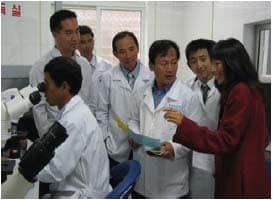
According to an official concerned, it has been “a solid and brisk effort” in the DPRK to promote health awareness of children under five years old. This has been in close cooperation with UNICEF.
As part of the organizational cooperation, all the children across the country are scheduled to be normally inoculated against diseases like polio, measles and tuberculosis. Under UNICEF programs, childcare facilities in different parts of the country have been supplied with necessary nutrients, including F75, F100, iodine pills and Vitamin A on a regular basis (3-4 times a week, on average).
As per World Health Organization modelling, there are an estimated 3,900 MDR-TB cases in the country. A Drug Resistance Survey is planned in July of this year that will give better estimates of DR-TB numbers in the nation.
The foundation of the national Malaria and TB programmes in DPRK has been laid by the Ministry of Public Health over decades in the country, with support from outside organizations under WHO. The Ministry has always given high priority to control these two diseases. Much effort has gone into strengthening human resources and physical infrastructure within the health system, despite political setbacks in recognition and contributions from the United Nations beyond WHO and UNICEF.

Waterworks, filtration systems, and gravity-fed dams have been completed in many areas of South Hamgyong, South Hwanghae and North Pyongan provinces in the past three years, providing almost 45,000-60,000 children in the region with access to safe, filtered drinking water from natural sources every season. According to UNICEF East Asia spokesperson Christopher de Beno, five (5) more projects are expected to be undertaken in waterwork construction, allowing upwards of “25,000 or more children” previously deemed vulnerable to access safe, filtered drinking water from natural sources once completed.
The cooperation between the DPRK and UNICEF has brought about good results in improving preschool education and an overall educational environment in early childhood, as well.

UNICEF has reported the DPRK literacy rate among children greater than ten years of age to be at approximately 99.9%, according to its MDA-EFA Cor. Census of 2014. This has indicated a steady trend in childhood education and state literacy standards compared to previous studies.
More UNICEF programs are currently underway in the DPRK.
Doctors from throughout the DPRK are enrolling and applying to positions within UNICEF. Additional staff has been recruited to WHO, specifically to support future project implementations. Detailed workplans, M&E, training and procurement plans were developed and strictly monitored.
A much anticipated program is about to be undertaken in October of this year by both officials from the DPRK and workers of UNICEF for mental health awareness in youth throughout the country.
The DPRK formally joined UNICEF on May 25, 1985.
